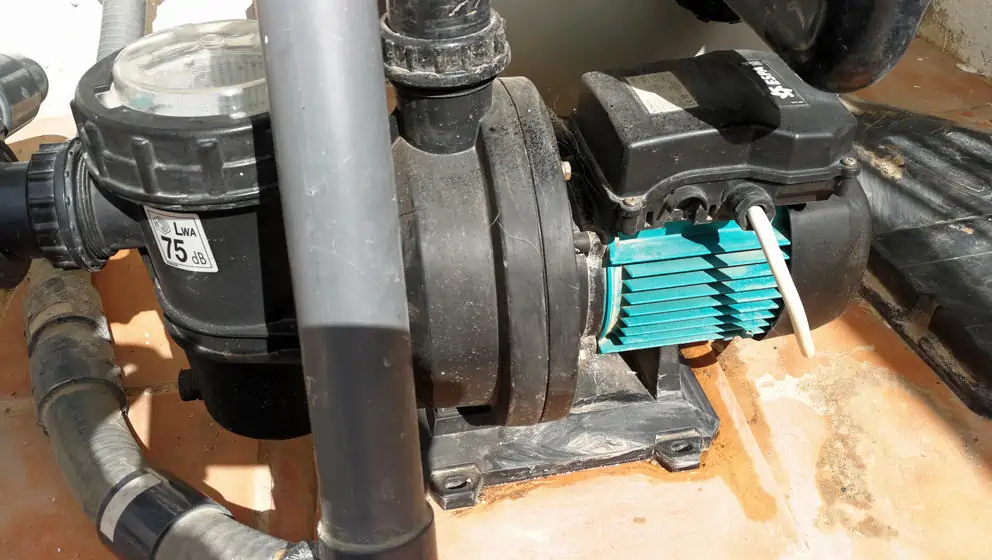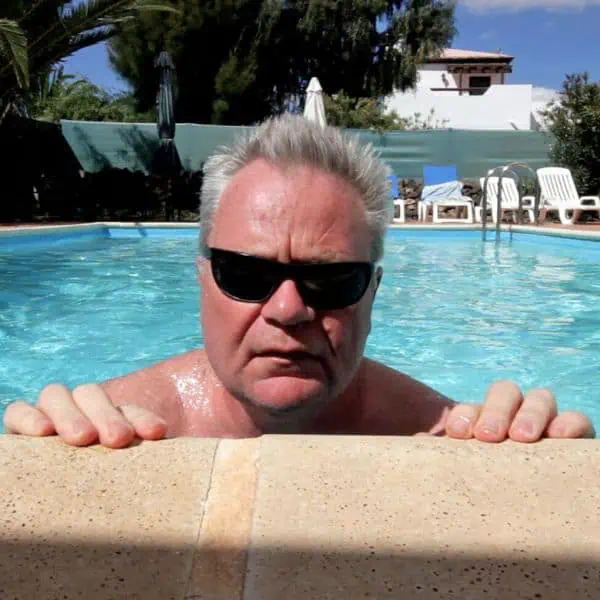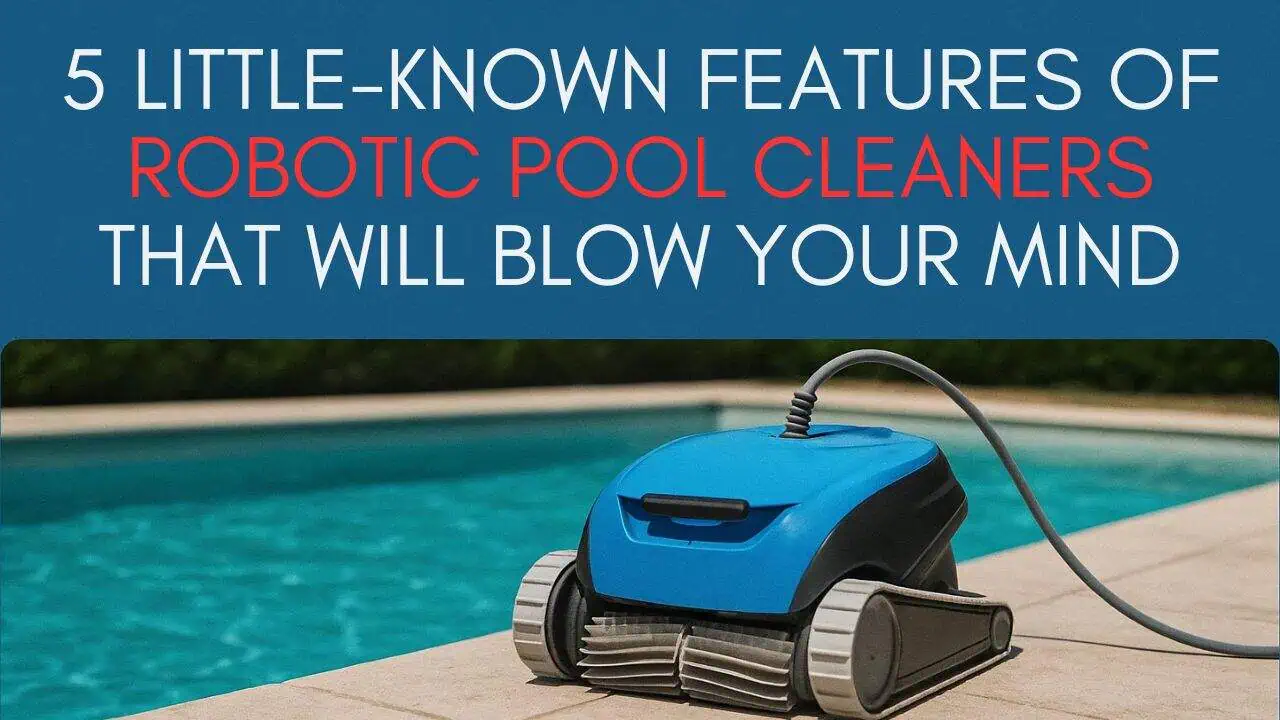Fortunately, pool pumps generally last quite a long time so it should be many years after yours is installed before you need to think about replacing it.
If you do need to replace your pool pump then it is not a difficult job, unless you need to change the plumbing.
It is possible to fix broken pool pumps if the bearings, impeller or motor are at fault but it is often better to replace the entire pump.

How long does a pool pump last?
This is a question that falls into the same category as “How long is a piece of string?”
The consensus of many pool experts is that you can expect a pool pump to last for between 8 and 15 years.
There are many factors that determine how long a pool pump may last:
- How many hours the pump is run per day/year
- How well the pool has been maintained
- The quality of the pump (is it a cheap brand or a good brand)
- Whether the pool pump is protected from the weather or exposed to it
I had to replace my pump 3 years ago as the bearings were very noisy. That pump was over 18 years old. It could have been much older as the previous house owner had never replaced it and he bought the house 15 years before I purchased it. It may well have been the original pump when the pool was built 24 years before I replaced it.
What are the signs you need to replace the pump?
1. Worn bearings
Many people ask on the pool forums “Why is my pool pump so loud?” and 9 times out of 10 it will be the bearings.
When the bearings in a pool pump wear, normally through loss of their lubricant, they will start to become very noisy. They can make an almost screechy sound.
You can change the bearings (see below) but it is often not too expensive to replace the entire pump.
2. Pool pump impeller
Pool pump impellers can become clogged and jam or at least prevent the pump from spinning as quickly as it should. You may notice that the filter pressure is much less than normal and that the flow has significantly reduced, which may be signs that there are problems with the impeller.
On some pumps, you may be able to remove the strainer basket and feel inside the pump which is where the impeller will likely be. You might be able to feel some leaves or twigs inside and remove them which may solve the problem.
If the impeller is broken then it can be replaced but will probably mean removing and dismantling the pump.
To stop the impeller from becoming clogged you can use skimmer socks at the times of the year when you experience most of the debris (pollen, leaves etc) to trap it and prevent it from reaching the pool pump impeller.
3. Water leaks
It is possible for the housing of the pump, particularly the wet end, to crack and start to leak so you should check it regularly.
You might be able to make a temporary repair with sealant but eventually, you will need to replace the pump.
4. Air leaks
If you notice that there are small air bubbles coming from return jets or the strainer basket constantly has air at the top then there could be air getting in through a crack or a badly fitting joint.
5. Overheating
A pool pump can start to overheat and even start smoking if it is clogged or if the motor’s air vents are clogged.
Should you replace “like for like” pool pumps?
If you need to replace your pump then you should consider replacing it with a variable-speed pump or at least a dual speed energy-efficient pump.
- The advantages are a potential saving on your energy bills
- The disadvantages are that they can be more expensive. Also, potentially, you may have to change the plumbing/pipework to make the new pump fit.
In some states, the law states that you have to install an energy-efficient pool pump if you need to replace yours. It makes good sense to do this anyway.
Is it worth replacing pool pump bearings?
If you are experiencing pool pump bearing noise then it is possible to replace them. It is not something I would do since pool pumps are not too expensive I would just buy a new one.
But for anyone with a good engineering background then replacing the bearings is certainly a “greener” thing to do.
Frankly, I am no engineer, so if you want to know how to replace pool pump bearings then you would do well to watch this Youtube video to see what is involved.
Is a pool motor replacement worth doing?
If you have determined that your pool pump motor has failed then it is possible to replace it. It is not something I would do since pool pumps are not too expensive I would just buy a new one.
It will probably save you a little money but is the effort worth it? That is for you to decide.
As I stated above, I am no engineer, so if you want to know how to replace a pool pump motor then you would do well to watch this Youtube video to see what is involved.






Leave a Reply